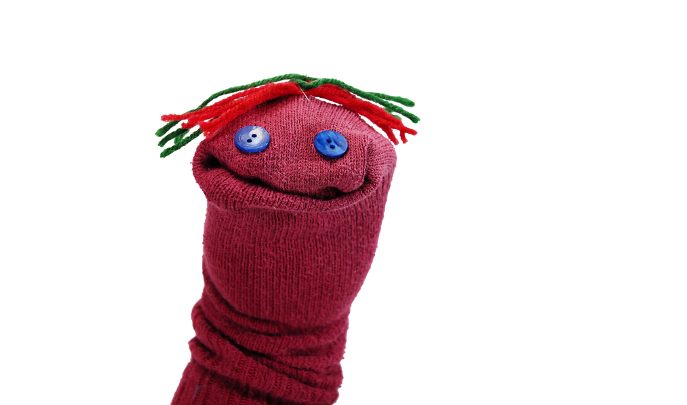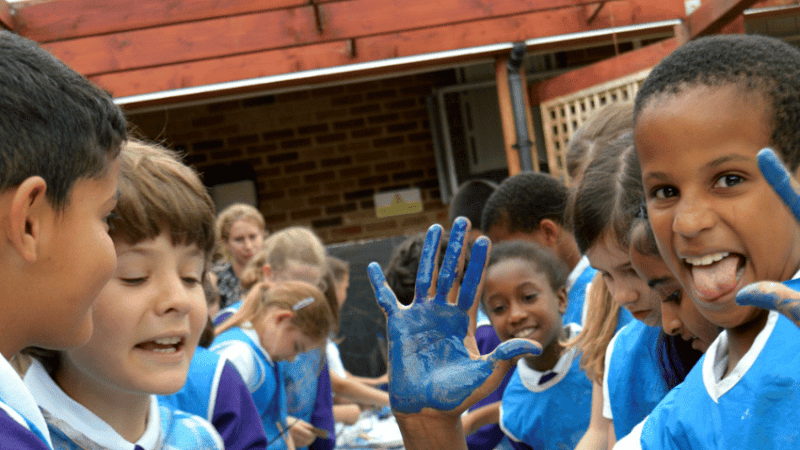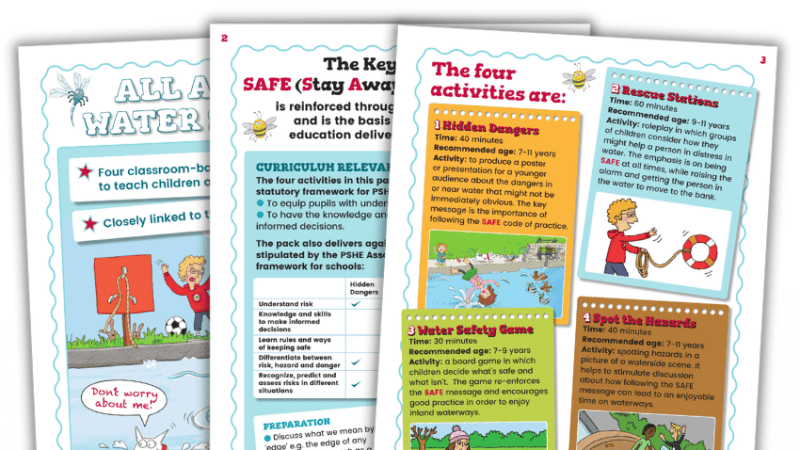When Behaviour Starts To Plummet, Can A Daily Dose Of Glove Puppetry Get Things Back On Track?

"Where had my ‘outstanding behaviour’ gone? We're becoming a school in crisis"

Last year my school was visited by Ofsted and I was pleased that we were judged to be outstanding in the areas of personal development, behaviour and welfare.
I was particularly glad that the inspectors took the time to say that this judgement was a reflection of the hard work and dedication of the staff. They recognised that we were the ones shaping the children’s personal development, and that their positive behaviour was not accidental. I wholeheartedly agree.
That is not to say that I think the children are three days of supply cover away from Lord of the Flies but, my word, we have worked hard to get them to care about their education and understand the challenges that may face them in the wider world. So, it was with a spring in my step that I returned to my ‘good with outstanding behaviour’ school. This was going to be a doddle.
Four weeks later, I felt like handing in my notice, curling up into a ball and crying until everyone went away. I’d just had to evacuate a classroom while a child, when not biting, kicking or throwing things at me, repeatedly called me unmentionable things.
This wasn’t a one-off; it had happened multiple times that term. What’s more, it wasn’t just one child. How had this happened? Where had my ‘outstanding behaviour’ gone? Some of these pupils had been challenging last year, but we had put things in place that had worked. This time around, it was as if they had got together over the summer holidays, torn up their behaviour plans and made a pact to destroy the school by Christmas.
I’ve worked in challenging schools and have always been regarded as someone who is ‘good’ at behaviour. I understand that challenging behaviour is a visible indication of a wider need and don’t take things personally. But at that moment I wanted to permanently exclude every single one of them and enforce martial law on all pupils. Apparently that’s not allowed.
I jest, of course, but I did recognise the signs that we were becoming a school in crisis.
The first thing I felt I needed to do was admit we had a problem. I sat down with my deputy and pastoral support worker to identify the causes behind individual pupils’ behaviour. These included attachment issues following adoption, Pathological Demand Avoidance, and children just reacting to their own challenging emotional and social circumstances.
We noted what was in place already for each child and identified times during the day where they seemed to be at their most volatile. We then shared our research with staff, suggesting new strategies we could implement straight away, as well as letting them know that I was committed to helping all of us get better at managing challenging behaviour.
Another key message I wanted to get across was that these children were our reality, not a problem to be got rid of. They were students in our school and, at that moment, we were failing them.
So how are we getting better? Well, we’re reaching out to experts. I’ve implemented staff training so we can better meet the needs of specific children. That feels like a positive first step, and my staff seem motivated by it. Secondly, we’re being very clear with parents about the behaviour we’re seeing. We’re sharing our approaches with them and asking what strategies work (or don’t) at home.
A third action feels very exciting. I am going back into the classroom. For the first hour of every morning for six weeks, I’m going to work with these children. We’re using a little bit of Maslow’s hierarchy of needs, a few self-penned songs, and a glove puppet, in the hope that we might make a small difference.
At first I was doubtful that I could commit an hour of my time every day, but my deputy reminded me of all the times last term I got nothing done because I was too busy being bitten, kicked and sworn at. If 60 minutes of my time means that these children can cope with the rest of the day, it’s worth it. So far it’s gone well, but it’s early, early days.
The Primary Head is the moniker of a headteacher currently working in a UK primary school. Follow him on Twitter: @theprimaryhead












